Bob fought many battles in Vietnam, but his greatest challenges lie in the decades following his service as he struggled to cope with Post Traumatic Stress Disorder (PTSD), loneliness and maintaining his sobriety.
Happy birthday and welcome to the Army
In January 1967; it was Bob’s birthday and a day that would change his life forever.
“I was drafted on my birthday,” he recalls, “I had to report to the Boston Army base on my twentieth birthday.”
By the summer of that same year Bob was in Vietnam.
“My MOS [military occupational specialty] was 11B. A regular infantry guy carrying a weapon.”
Like many veterans of his era, Bob is reluctant to talk about his combat experiences. He has since found some comfort in reconnecting with other members of his company, men with whom he has a common and unbreakable bond. They are his band of brothers. 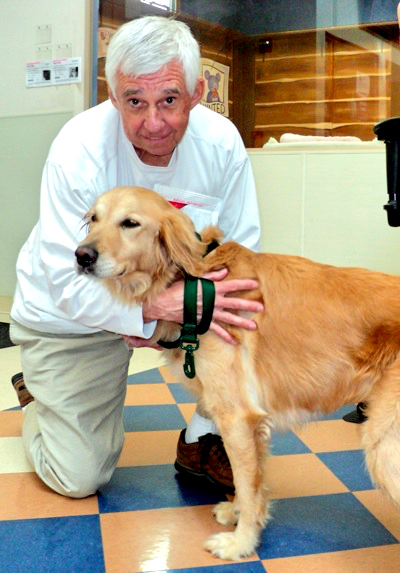
“I had a lot of significant experiences with combat and people dying,” he says, “but I’d rather talk about [how] in 2009, the Charlie Company of 1st Battalion, 18th Infantry, 1st Infantry division had a reunion.”
Forty-one years after they served together, thirty-seven veterans of Charlie Company showed up in Gatlinburg, Tennessee – a moment Bob describes as “wonderful; just incredible” – and one which helped him better understand his own experiences during and since Vietnam. He shares his story in a book about the company, Dogface Charlie.
“It was not just Vietnam vets, but those who served together,” he says. “We knew each other. To be reunited, fill in the blanks for each other was very revealing and very helpful.”
Vietnam war over, but Bob’s private battles rage on
On December 21, 1968, Bob was discharged from the Army. The young veteran eventually became a career employee at the Department of Veterans’ Affairs (VA), where he worked until the 1980’s. He lived in San Diego since the mid 1970’s and despite the outward appearances of normal life, something was happening that the Vietnam veteran could not explain.
“I didn’t know what was going on,” he says. “My employer didn’t know what was going on. Treatment [for PTSD] was not readily available. I ended up resigning under duress.”
PTSD was not formally recognized until 1980, although the phenomenon is as old as war itself. It was called “shell shock” during WWI, and countless other names until PTSD came into the national lexicon. Vietnam veterans received a harsh reception when they returned home, and few options for psychological counseling.
Bob was eventually hospitalized at the VA in Boston for a year and a half.
“I needed extensive treatment,” he says.
Time and trust heal all wounds
Bob eventually returned to San Diego. Although prior to his hospitalization he had a dog, he confesses that a dog alone was not enough to get him through his challenges. After his intensive treatment he felt more ready to have a pet in his life; it was something he had been contemplating for a while.
“I wanted a pet,” he says. “It was very much on my mind.”
The Army veteran’s first order of business was to discuss the idea of companion pet adoption with his doctor.
“I talked to my doctor in the PTSD unit, who stated I would benefit by having a pet,” he says.
Around the same time, Bob read an article in his local paper about Pets for Patriots and their new relationship with County of San Diego Department of Animal Services. The county shelter joined the now nationwide partnership program February 3, 2011; just eight days later Bob had already applied to Pets for Patriots and received his approval to adopt a companion pet.
The Vietnam combat veteran just took a major step towards a more healthy and positive life.
Adopting Trust
Pet adoption was something Bob had thought about for a very long time. While he was emotionally ready for a four-legged companion, he wanted to make sure that his home was set up appropriately to welcome a new pet. He hared his concerns with Pets for Patriots.
The charity arranged for a behaviorist from County of San Diego Department of Animal Services to visit Bob’s home, not only to make recommendations for the physical environment, but to better understand the type of pet that would be best for the Vietnam veteran’s needs and lifestyle. 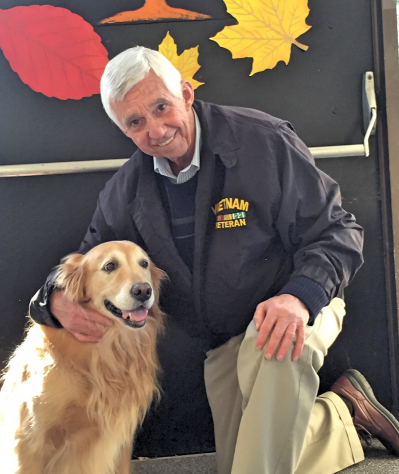
It didn’t take long for the right pet to walk through Bob’s door.
Shortly after the home visit, the shelter called Bob to offer him an opportunity to meet a dog who had just been surrendered and not yet made available for general adoption. The behaviorist thought that the then five year-old dog, aptly named Trust, would be the perfect match. The adult dog met one of the criteria required by Pets for Patriots, meaning that Bob would be eligible for various benefits if he adopted her.
Trust had been surrendered during divorce proceedings when her previous parents couldn’t agree on who would keep her.
“[She is] a full-blooded Golden Retriever,” says Bob. “That’s what I wanted…I was fortunate that Trust was available.”
Bob received support from the Department of Animal Services before and after the adoption. In addition to the home visit, they spayed and microchipped Trust, and helped Bob address any issues he had about welcoming her home.
“They answered any questions I had. It was not just ‘here’s your dog and good luck,’” he says.
Life with Trust and sobriety
Within a week of adopting Trust, Bob spoke with Pets for Patriots and told them he was already noticing changes in his life. He was getting out of his apartment more, becoming physically active, and even socializing with people in his residential complex – all things that he found challenging before adopting Trust.
Now together for nearly four years, these kinds of experiences have become part of Bob’s daily routine. The Army veteran feels Trust’s influence in many areas of his life: emotional, physical and social. The big dog has even helped Bob increase the number and quality of social interactions with others.
“People want to pet her,” he says, “everyone compliments – how beautiful she is.”
While not a cure, the adopted dog is a powerful antidote to Bob’s PTSD, depression and his efforts to stay sober.
“She helps me a great deal,” he says. “I have been trying to live in sobriety. One of the main difficulties is loneliness. Having her in my life makes it possible to live in sobriety. She has been a huge help just with that one issue.”
Companion pets are natural four-legged healers, and can help break the cycle of self-isolation that contributes to loneliness, depression and other negative emotions that many veterans experience.
“I am not focusing on myself all the time,” Bob says, “I am aware there’s another living creature in the apartment.”
The benefits of Trust’s companionship are not all emotional, however; the big dog has helped Bob make big changes in his physical activity level and overall health.
“I wasn’t always an athlete,” Bob says, noting that now “we walk every morning around a nearby reservoir. It’s two and a quarter miles. She gets to chase squirrels so she is happy.”
In fact, Trust is with Bob everywhere he goes.
“I used to volunteer at the San Diego airport information booth. The passengers would pet her and say they don’t feel stressed anymore.”
A war veteran finally finds peace
Since adopting Trust, Bob has moved back to the Boston area to be closer to his family. To no one’s surprise, his trusty sidekick is a big hit where ever the pair goes.
“My mother is in an assisted living facility,” says Bob. “I visit her two to three times per week with the dog. Other residents enjoy her. That is an added benefit as well.” 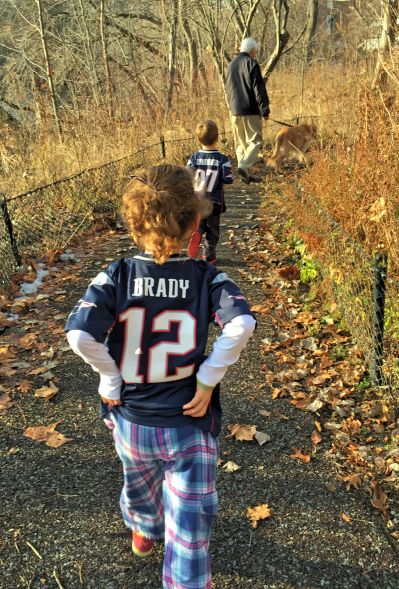
Bob was one of the very first adopters through Pets for Patriots, and to this day stays in touch with the charity’s founder. His experience was and remains “extremely positive,” citing their assistance with the initial pre-adoption counseling process and frequent follow ups.
Pets for Patriots even referred the San Diego County Chronicles to Bob, who did a story and video about his adoption.
“It was fun to do the story,” he says, with a smile in his voice.
These days, Bob is a tireless advocate for other veterans considering companion pet adoption, which he advises they do through Pets for Patriots. He has even shared his story at the Boston VA.
“I tell other people at VA,” he says. “It has been a positive experience for me, and they can see that.”
After battling demons for decades after Vietnam, Bob is finally achieving some measure of peace in his life, thanks in large part to Trust. Even his former battle buddies from Charlie Company have noticed the positive changes, inspiring one of them to make a generous donation to Pets for Patriots and share this testimonial.
“I read a study that the two main things people need to feel peaceful are music and pets,” Bob says.
When reflecting on whether he feels at peace, Bob is clear. “Yes,” he declares. “Not all the time, but by and large very much so.”
Looking for your four-legged therapist? Learn more here.



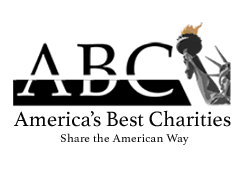
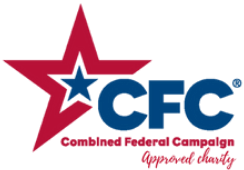

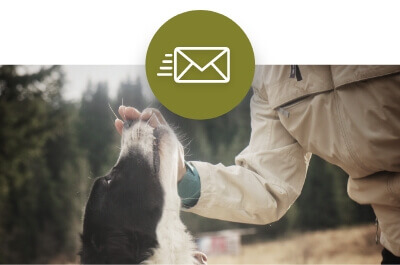
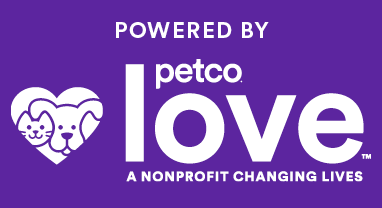


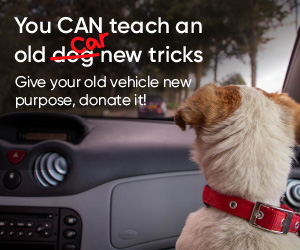
i am a rescue activist truly enlightened by the rehoming of these dogs that would otherwise have been euthenized and most excited and comforted by the veteran in need whose matched to a life long canine companion
Hello, thank you for sharing your story. I have a neighbor who is a Vietnam War veteran in a wheelchair and seems isolated and lonely. How should I approach him to offer some friendly conversation and resources to help like health and life improvement resources to enrich his life?
Hi Kandela,
Thanks for reaching out and for your compassionate concern for your neighbor. That’s wonderful.
You might want to start by simply gaining your neighbor’s trust as a friendly ear. Come over with an extra cup of coffee or tea. Mention you’re going to the market and ask if you can pick up something for him. Find ways to linger for a few minutes to engage in general conversation to get him talking (but not about his military experience unless he brings it up himself). Offer your phone number if he needs anything.
So the first step is to let him know that he is not alone.
While taking this first step we suggest that on your own you reach out to the Coaching Into Care hotline of the VA, which has various forms of support for caregivers, friends and family members of veterans – specifically on what may be available in your area in terms of VA services for this gentleman. You can access their website here.
Sometimes the best ‘medicine’ is simply someone who shows a personal interest in someone else’s welfare. This veteran might not be in need of any medical or psychological services. He may just need someone to let him know that he is not alone.
Stay in touch and let us know how it goes!
PETS FOR PATRIOTS